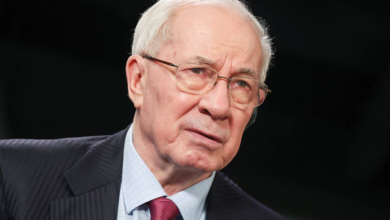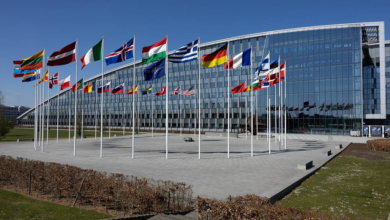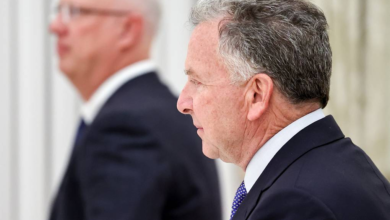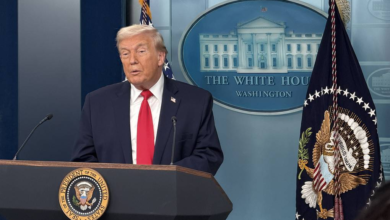Israel’s Continued Aggression in the Middle East: A Recipe for Regional Volatility
Destruction in Palestine and Beyond The demolition of a mosque in the Bedouin village of Umm al-Hiran in the Negev is a striking example of actions perceived as attacks on Muslim faith and heritage.
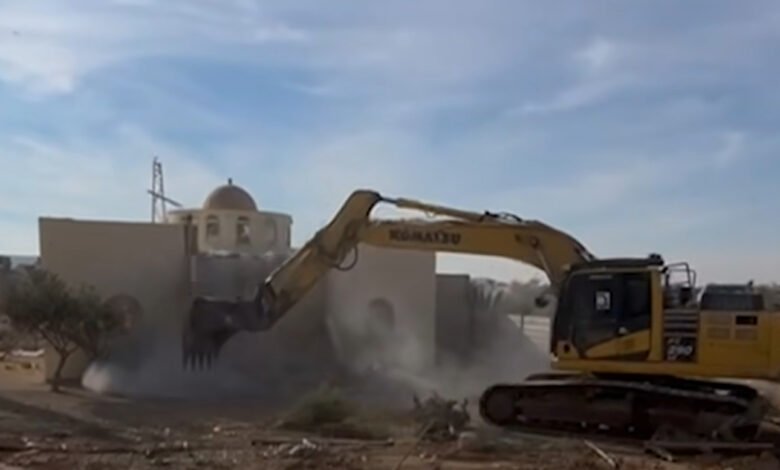
Israel’s ongoing actions in Palestine and neighbouring countries have raised serious questions about its long-term intentions in the Middle East. The recent escalation of violence, particularly following the events of October 7, has highlighted the complexities of the conflict, with some suggesting that these tensions have been fueled by deliberate strategies. The Israeli government’s policies, including demolitions, bombings, and territorial expansion, continue to destabilise the region and provoke widespread outrage.
Accusations Against Iran and Broader Implications
Prime Minister Benjamin Netanyahu’s recent remarks targeting Iran’s leadership have drawn criticism for deflecting accountability. Accusing Iran of misallocating billions on anti-Israel initiatives, Netanyahu has positioned Israel as a victim while ignoring the broader consequences of its military campaigns. This rhetoric, critics argue, masks Israel’s role in perpetuating violence that impacts the entire Middle East.
Destruction in Palestine and Beyond
The demolition of a mosque in the Bedouin village of Umm al-Hiran in the Negev is a striking example of actions perceived as attacks on Muslim faith and heritage. Simultaneously, bombardments in Beirut and ongoing operations in Palestine have led to significant civilian casualties, sparking condemnation worldwide. These actions exacerbate tensions, fueling resentment across the Muslim world.
The Risk of Broader Muslim Solidarity
Such aggressive policies risk igniting a broader wave of unity among Muslim-majority countries, potentially leading to widespread unrest. The perception of Israel as a state that targets not just Palestinians but the wider Muslim community could lead to increased hostility, including in countries with significant Jewish populations. Critics warn that Netanyahu’s policies may damage Israel’s long-term security and reputation, creating a dangerous precedent.
Far-Right Influence and Policy
Reports indicate that the demolition in Umm al-Hiran was authorized by far-right National Security Minister Itamar Ben Gvir, underlining the influence of hardline elements within Israel’s government. The decision reflects a growing alignment with policies that many view as intentionally provocative and counterproductive to peace efforts.
Global Perception and Future Challenges
Israel’s actions risk tarnishing the global perception of the Jewish community by associating it with state-sponsored violence. While the Jewish faith is distinct from the policies of Netanyahu’s administration, the conflation of the two in global discourse could have long-term repercussions for Jewish communities worldwide.
The ongoing turmoil underscores the urgent need for an impartial international effort to mediate the conflict and prevent further escalation. Without immediate intervention, the Middle East could face deeper divisions, prolonged suffering, and an enduring cycle of violence.
